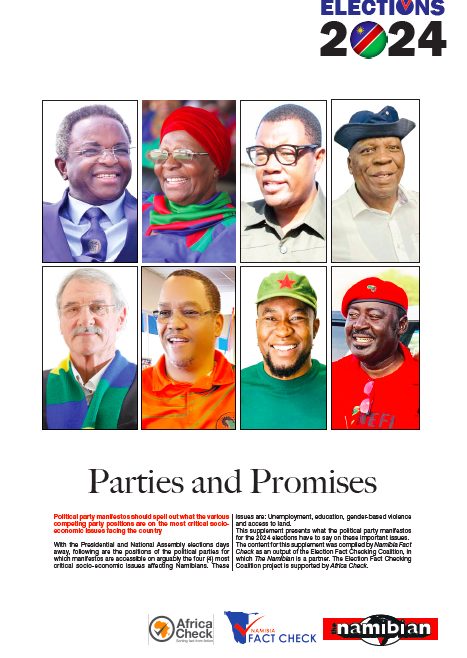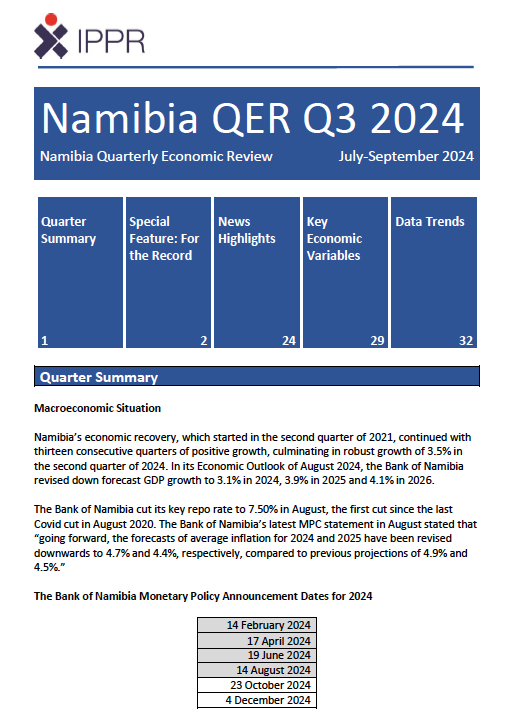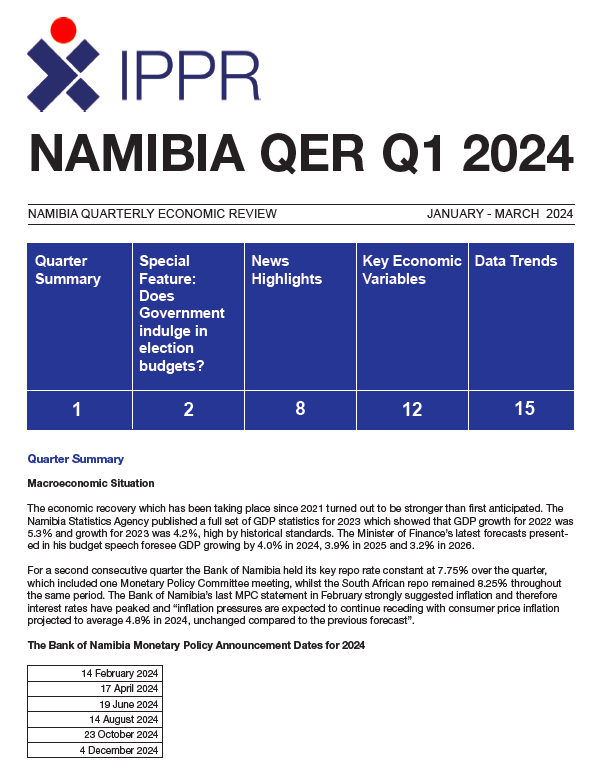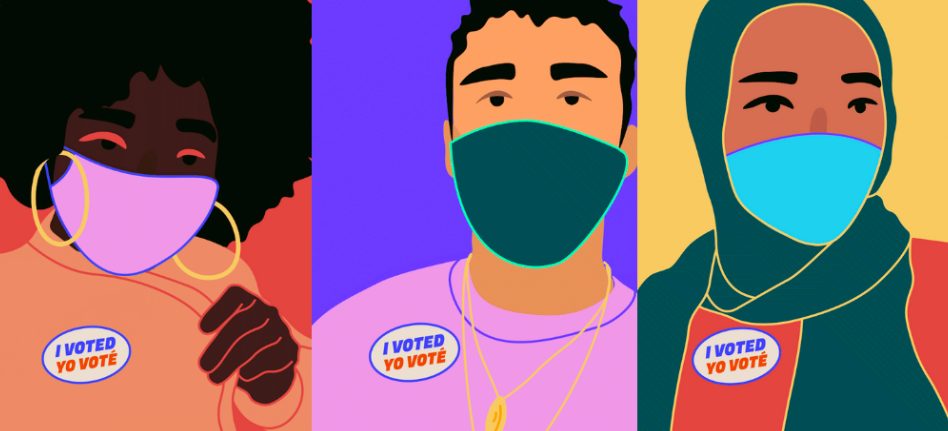AI & 2024 Election Disinformation

Election-related mis- and disinformation content took many forms on social media and messaging platforms ahead of and around the presidential and parliamentary elections of November 2024. AI-generated content formed an important part of disinformation campaigns in these spaces throughout the year
Disinformation & Foreign Influence

The electoral landscape was alive with claims, suspicions and speculation that foreign interests were meddling or attempting to do so, on behalf of local political actors, in the presidential and parliamentary elections of November 2024. Was there any truth to such perceptions and claims and is there something to be concerned about for the future?
Poor Journalism Fuels Election Disinformation

Poor reporting and media mistakes contributed to the spread of false information by amplifying smear campaigns and participating in narrative laundering in the run-up to and beyond the November 2024 presidential and parliamentary elections in Namibia.
Political Smear Campaigns

Political smear campaigns were deployed online ahead of the November 2024 elections. These campaigns were aimed at undermining the reputations, credibility and trust in particular candidates, parties and entities, including the electoral management body and the elections as a whole.
Abuse of Social Media & The 2024 Elections

Social media has become important for political communication and messaging, especially during electoral periods. However, often political actors (politicians and parties) use social media to engage in negative campaigning, by employing smears and spreading fake news or to intimidate and incite. This bulletin looks at how Namibian political actors, including politically connected or associated interests […]
Countering Election Disinformation

An overview of mis- and disinformation that affected Namibia’s 2024 national elections. The report is accompanied by five issue-specific bulletins that examine:
Parties & Promises

This publication is a summary of party positions on key socio-economic issues ahead of the 2024 national elections. Parties & Promises was compiled by the IPPR’s Namibia Fact Check team for The Namibian newspaper. This is an output of the the Election Fact Checking Coalition project implemented by Namibia Fact Check and supported by Africa […]
Namibia QER Quarter 3 2024

This edition of the IPPR’s Quarterly Economic Review takes stock of economic policy and performance since the last national election in 2019. The QER also includes the usual Quarter Summary, News Highlights, Key Economic Variables, and Data Trends
Namibia QER Quarter 1 2024

This edition of the IPPR’s Quarterly Economic Review includes a special feature which examines whether government has indulged in election-related spending splurges since independence. Budgets in election years are reviewed including the 2024/25 budget tabled ahead of the 27 November 2024 national elections. The QER also includes the usual Quarter Summary, News Highlights, Key Economic Variables, […]
Ballots for Jobs

Leveraging Youth Voting Power to Address Unemployment As Namibia gears up for its Presidential and National Assembly elections in November 2024, the nation finds itself at a crossroads where the employment aspirations of its youth intersect with the fundamental fabric of its democracy. In the 2019 Presidential and National Assembly elections young people constituted more […]

